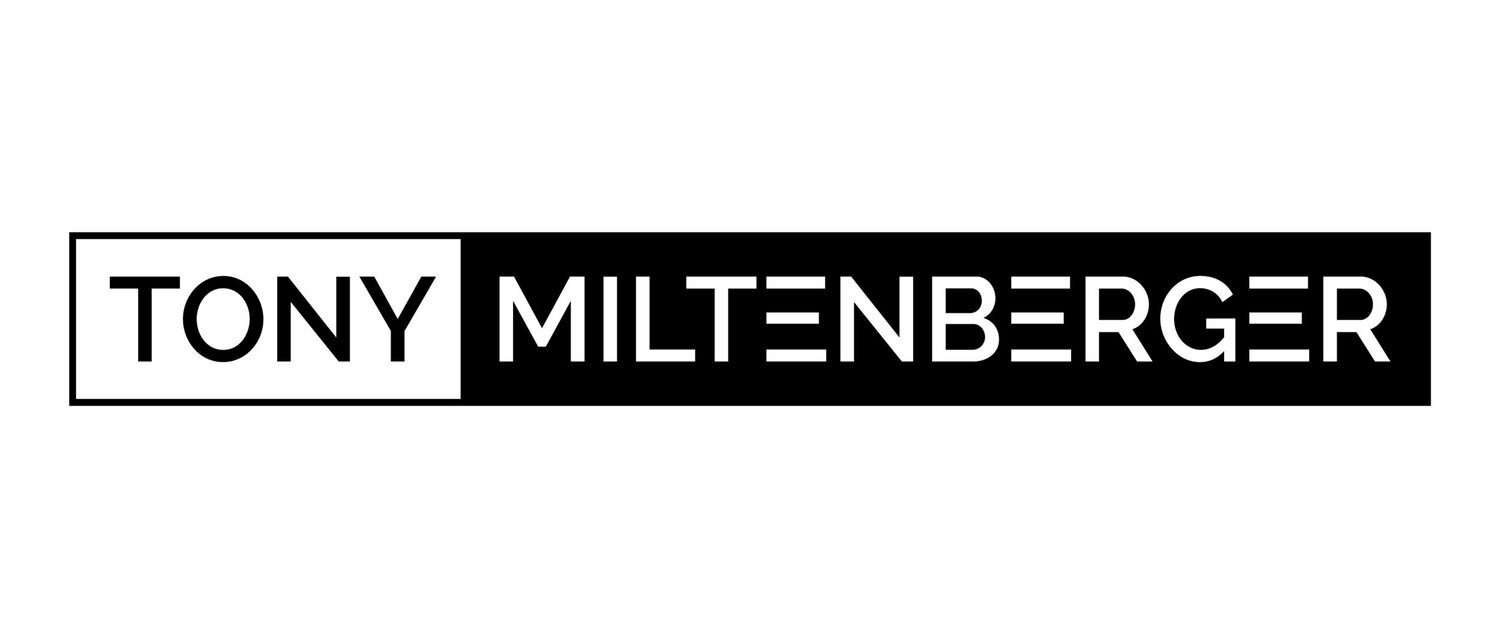I was recently listening to a podcast with Carey Nieuwhof and Barnabas Piper when the word “doubt” came into the conversation. Barnabas said something that really impacted me as a leader: “There are different levels of doubt.”
I had never really thought about this concept before, and as I heard the words coming from his mouth it struck me kind of funny. I wish I could tell you that I made a note about this and continued to listen to the podcast, but the reality is my mind began to swirl around the topic of doubt.
As leaders, we will always have doubt. What we do with that doubt will determine our results.
Doubt that causes you to examine.
Have you ever been in that situation where you are about to do something really adventurous, courageous, or just plain different? In that moment it is natural to doubt, and it is natural to have fear or concerns. This is your body’s way of telling you to pay attention. Most of the time this doubt will increase your heart rate, but not stop you in your tracks. This is healthy doubt because it gives awareness without stopping progress.
Doubt that gives you reason to stop.
This is that moment when you are facing a situation and you already know the answer. You know that you (or your organization) should stop doing this and you decide to honor the doubt by stopping. This doubt is scary because of what liess on the opposite side of the equation. What are the implications of stopping? What do I have to admit to or confess? This doubt is big and, as a result, carries big reward. When we finally admit we need to stop, there is always a big sigh of relief.
Doubt that we ignore.
This is the most dangerous version of doubt. It is like leaving a pitcher in a game too long. The problem with this kind of doubt is that somewhere along the way we convinced ourselves of the lie that the problem will fix itself. Maybe if I don’t do anything it will go away…. Maybe if I ignore the feeling it will just get better. As leaders, this choice is our own way of saying we no longer want to be in charge and decided instead to give the organization (or relationship) over to fear.
Leadership isn’t the absence of doubt, but rather the courage to acknowledge it, to embrace it, and to decide what we are going to do with it. What are you doing with doubt? How are you letting doubt shape your organization?

